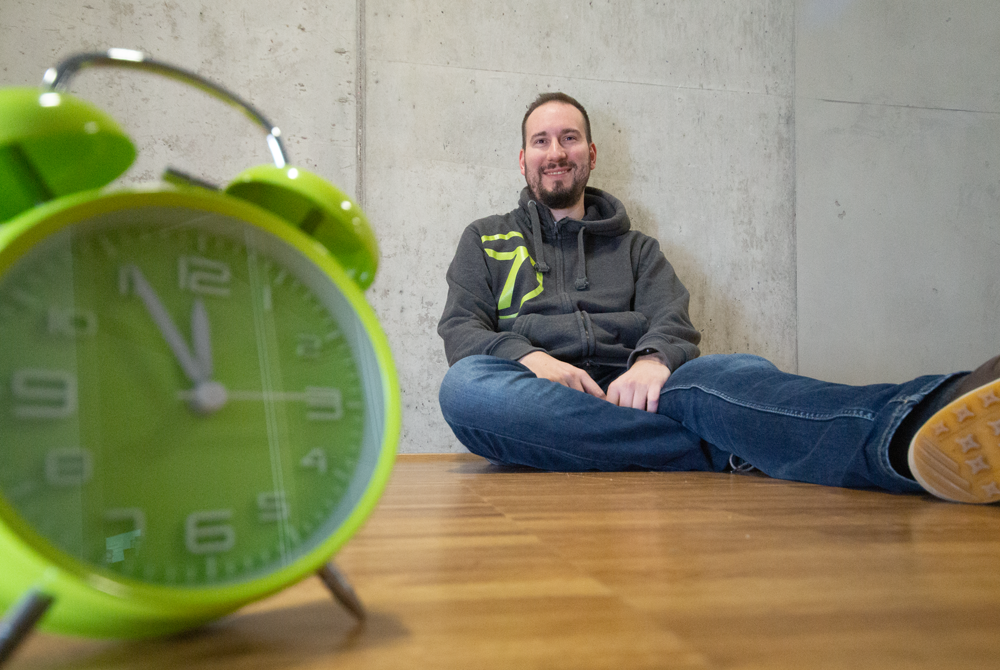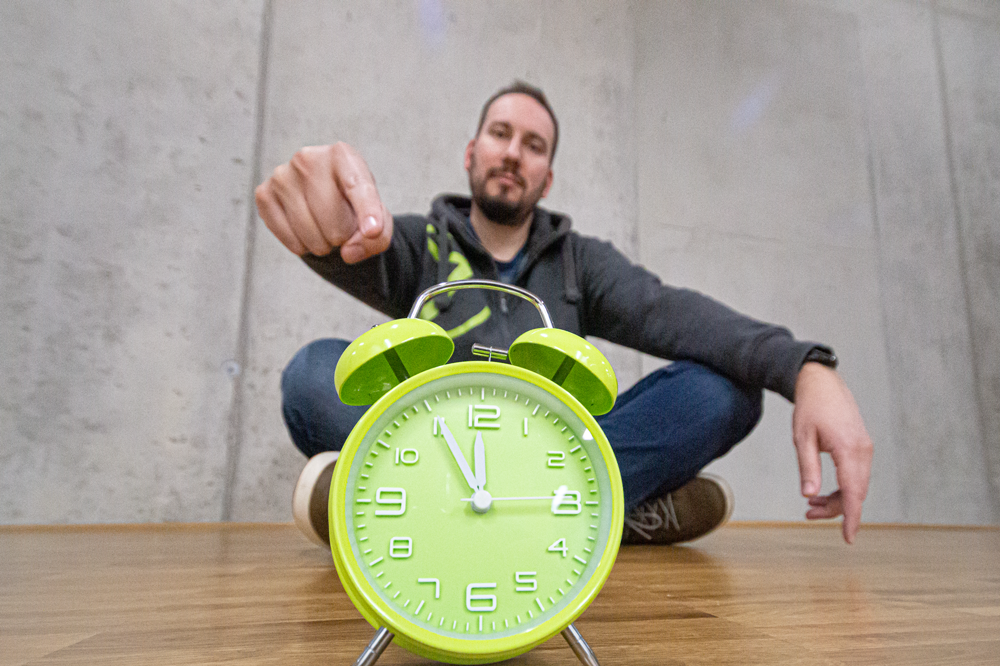In my opinion, the road to digitialization is only just beginning. But we are not yet an active part of it. Take the train or the autobahn and check your mobile phone reception. Drive through Switzerland, where you partly drive through mountains and valleys, Austria, France, you always find reception. Topic network availability, broadband connections – in Germany that’ s simply not worth mentioning. We are economically far ahead of other European countries, but when it comes to digitalization, we are clearly not. At public authorities, most processes are outdated, the people there, work with old programs. It is simply time to go one step further, but many are stuck in the past. And that’s where the point would be to wake them up and say: “Hey there is a way to do your job better, faster, easier”. I’m trying to contribute with my work to help them move forward. But at the moment I honestly don’t see that Germany could be in a pioneering role.













